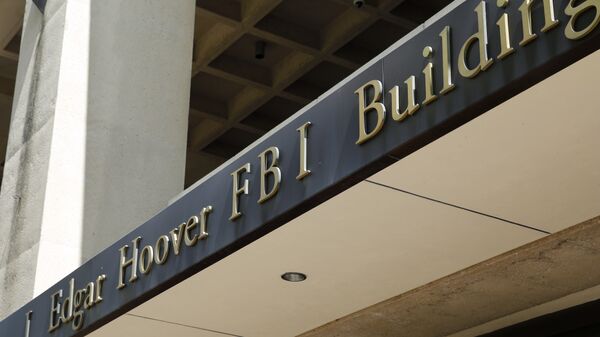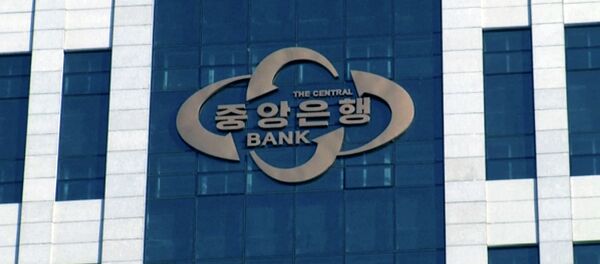Federal prosecutors are reportedly preparing charges against Pyongyang. The digital theft constitutes one of the biggest heists in history.
On Tuesday, Bangladeshi Bank Chief Atiur Rahman resigned his position at the request of Finance Minister Abdul Maal Abdul Muhith. Muhith said later that he wasn’t even aware the robbery had taken place until it appeared in newspapers a month later.
He told reporters at the time that "Bangladesh Bank had the audacity not to inform me. I am certainly going to take action against it."
It is believed that hackers gained access to Bangladesh Bank’s computer systems through the SWIFT (Society for Worldwide Interbank Financial Telecommunication) remittance service between February 4 and 5 before allegedly transferring the funds to casinos in the Philippines.
The cyber criminals were attempting to steal $1 billion, about 10 percent of the country’s GDP, from the American account, according to the bank. They made 35 withdrawal requests from the New York Federal Reserve and were only caught after a typo in one of the transfers raised suspicion.
According the Wall Street Journal, FBI investigators suspect at least one bank employee of being involved in the robbery. Bank spokesman Subhankar Saha said, "The central bank is pursuing this case with the utmost vigor and if anyone within the bank is found to be involved, we will take legal action as appropriate."
Chinese middlemen and businesses involved in the crime may also receive sanctions from the US Treasury.
At an Aspen Institute event, US Deputy National Security Agency director Richard Ledgett said that if Pyongyang was in fact responsible for the heist it would "represent a troubling new front in cyberwarfare," according to the New York Times.
The cases may not implicate individual North Korean officials, but rather the government of the country itself.




